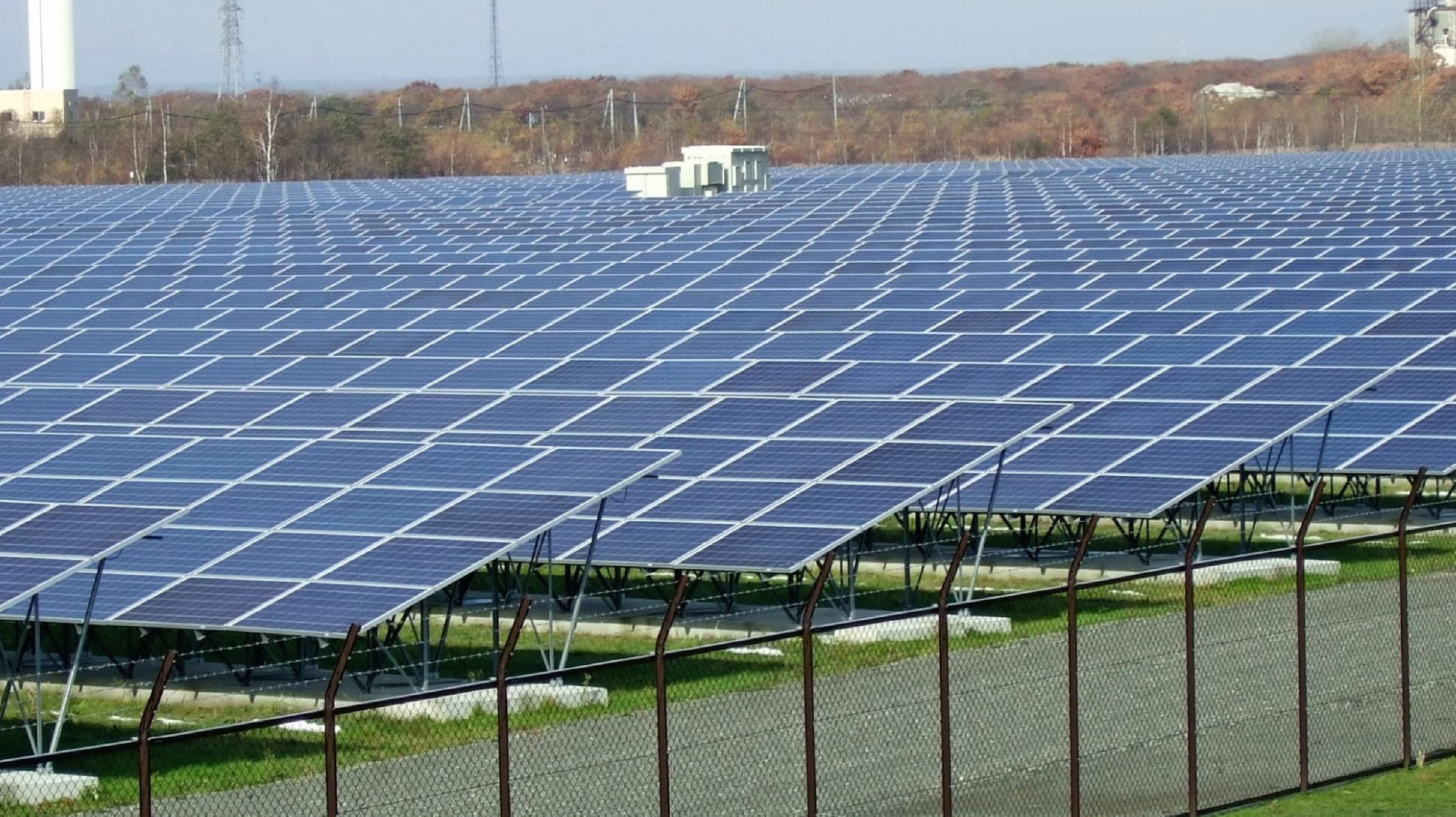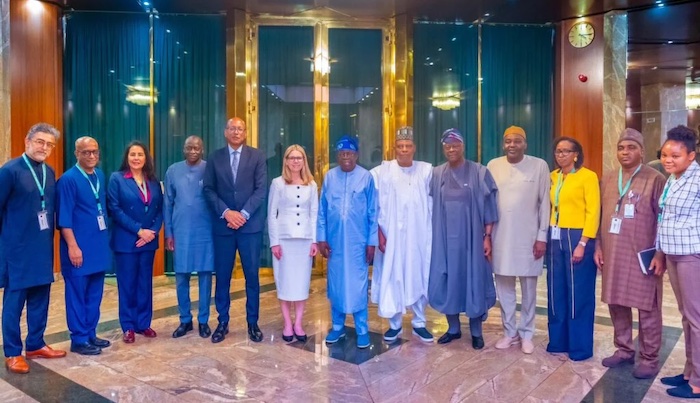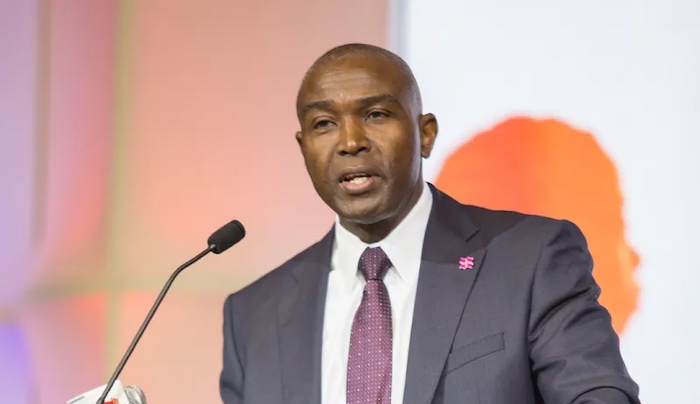
Solar Sharer program to launch next year, aiming to broaden access to renewable energy for all Australians…
Australian households will soon be able to access three hours of free solar power daily under a new government initiative, the Solar Sharer program, announced on Tuesday. The scheme is scheduled to begin next year in states including New South Wales and South Australia, with potential expansion nationwide.
“We want to see the benefits of renewable energy flow to all,” said Energy Minister Chris Bowen during an interview.
Bowen described the initiative as part of a wider suite of measures aimed at increasing renewable energy use.
“It’s not a silver bullet, and it is part of a suite of measures, but it’s a good one,” he said.
Expanding Access Beyond Solar Households
The government highlighted that the program will be accessible even to households without solar panels or batteries, provided they have a smart meter and opt in to the scheme.
Australia has already made significant investments in solar power, wind turbines, and green manufacturing, aiming to become a renewable energy superpower. Around 4.2 million homes, roughly one in three already have solar panels installed, according to official data.
Industry Response
While some welcomed the initiative, Australian Energy Council CEO Louisa Kinnear expressed disappointment that the government did not consult the energy industry before the announcement.
“This change introduces a complex regulatory solution that delivers a customer outcome that is already being offered by many retailers,” she said.
Balancing Green Ambitions and Energy Security
Australia’s transition to renewable energy comes amid political debate over the phase-out of aging coal-fired power stations while ensuring a reliable electricity supply.
In September, the country pledged to cut greenhouse gas emissions by up to 70% from 2005 levels over the next decade, a target some climate activists say is insufficient.
Despite its green energy ambitions, Australia remains heavily involved in fossil fuel industries and continues to be one of the world’s largest coal exporters, highlighting the tension between climate goals and economic interests.



